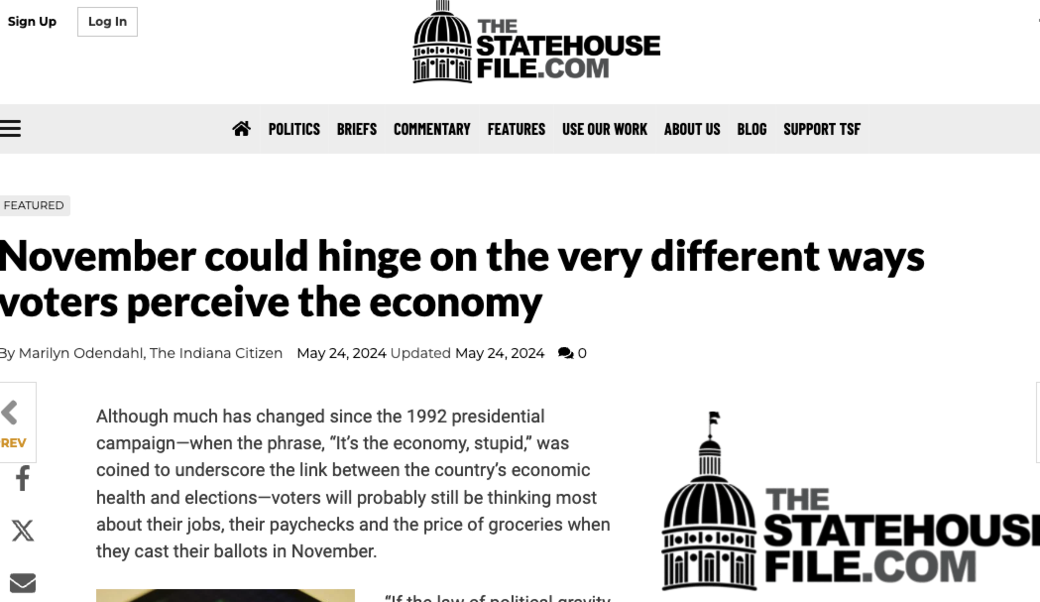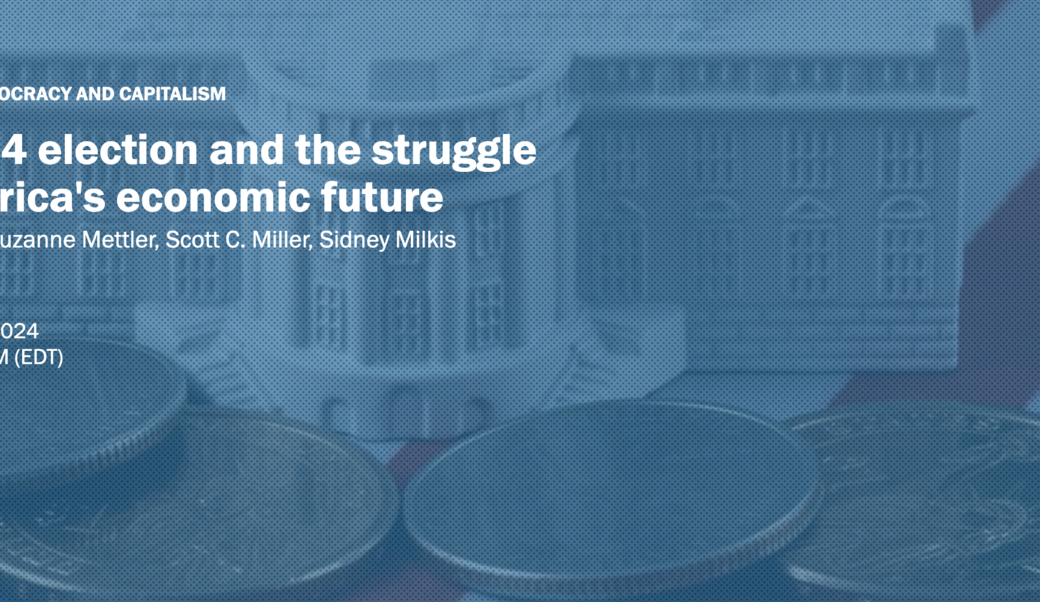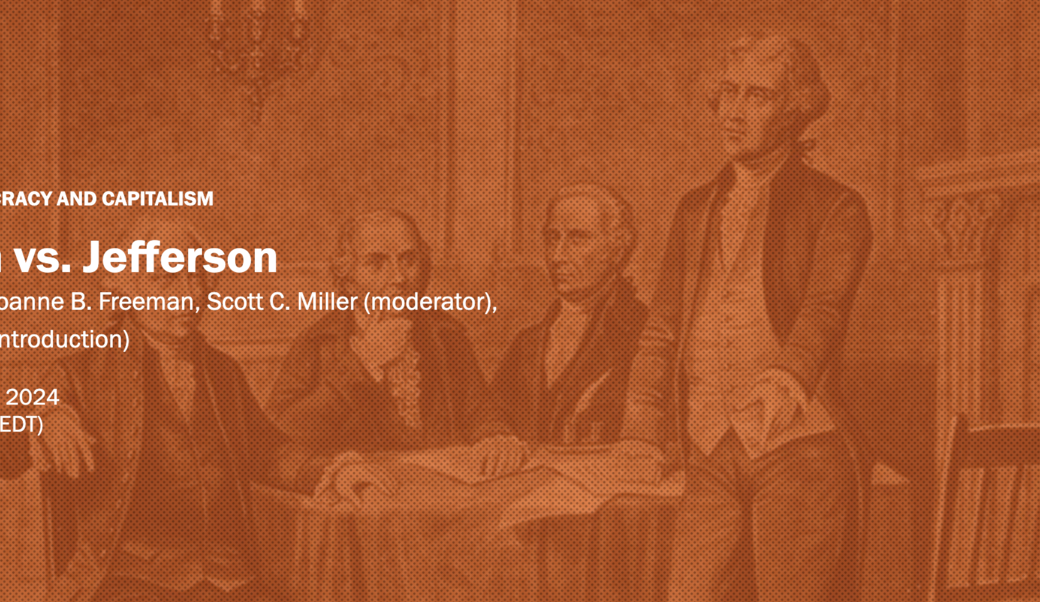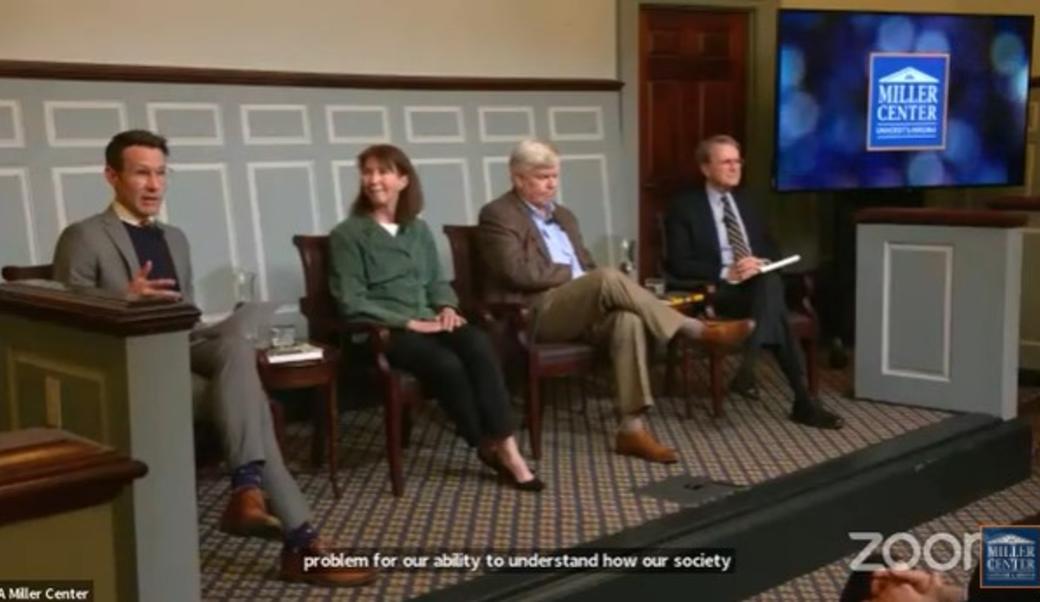Scott Miller
Scott Miller
Fast Facts
- Director of the Project on Democracy and Capitalism
- Lecturer, UVA Darden School of Business
- Former postdoctoral fellow, Yale School of Management's International Center for Finance
- Economic historian
- Expertise on modern economic systems, economic instability and volatility, early American economics
Areas Of Expertise
- Economic Issues
- Infrastructure
- Jobs and Economy
- Trade
Scott Miller is the director of the Miller Center's Project on Democracy and Capitalism and an assistant professor at the Miller Center. He is also a lecturer and research associate at the UVA Darden School of Business. From 2019 to 2021, he held a postdoctoral fellowship in economic and business history at the Yale School of Management's International Center for Finance.
As an economic historian, Miller examines the development of modern economic systems, particularly during periods of instability and volatility. In two different veins of research, Miller uses economic crises as a lens to isolate mechanisms of change in the early American Republic and 1840s Europe, with broad corollaries for modern systems in the first and second stages of economic development. His work frames the early American republic as a resource-rich, capital- and labor-poor developing economy, which was reliant on and subject to global export markets dominated by global hegemons such as Great Britain. Likewise, 1840s Europe represents a system of interconnected economies at the brink of breakout industrialization. While not perfect stand-ins for 21st century development stories, early America and 1840s Europe proxy the symbiotic relationship between macroeconomic forces, institutions, political systems, cultural values, and contingent events in the development process.
Miller has received many awards and fellowships, including the Arthur C. Cole Grant from the Economic History Association, the John Carter Brown Library Fellowship at Brown University, the Alfred D. Chandler Jr. Fellowship at Harvard Business School, the Monticello-UVA Fellowship at the International Center for Jefferson Studies, the James C. Rees Entrepreneurship Fellowship at The Fred W. Smith National Library for the Study of George Washington, and the Bankard Fund for Political Economy Predoctoral Fellowship. He is the author or co-author of numerous scholarly papers on economic history, financial crises, and the interplay between societal and economic change. He has also written or co-written 10 case studies on financial crisis and economic development.
A native of Denver, Colorado, Miller earned a BA from Vanguard University in 2007, an MA in American history from George Mason University in 2013, and an MA and PhD in economic history from the University of Virginia in 2015 and 2018, respectively.
Scott Miller News Feed
Two of the world’s leading historians on Hamilton and Jefferson—Joanne Freeman (Yale University) and Frank Cogliano (University of Edinburgh)—examine the founders’ views of the relationship between political freedom and the means of economic well-being. Hamilton's and Jefferson’s complex views on democracy and capitalism and their different visions for these institutions continue to catalyze American and global society to this day.





